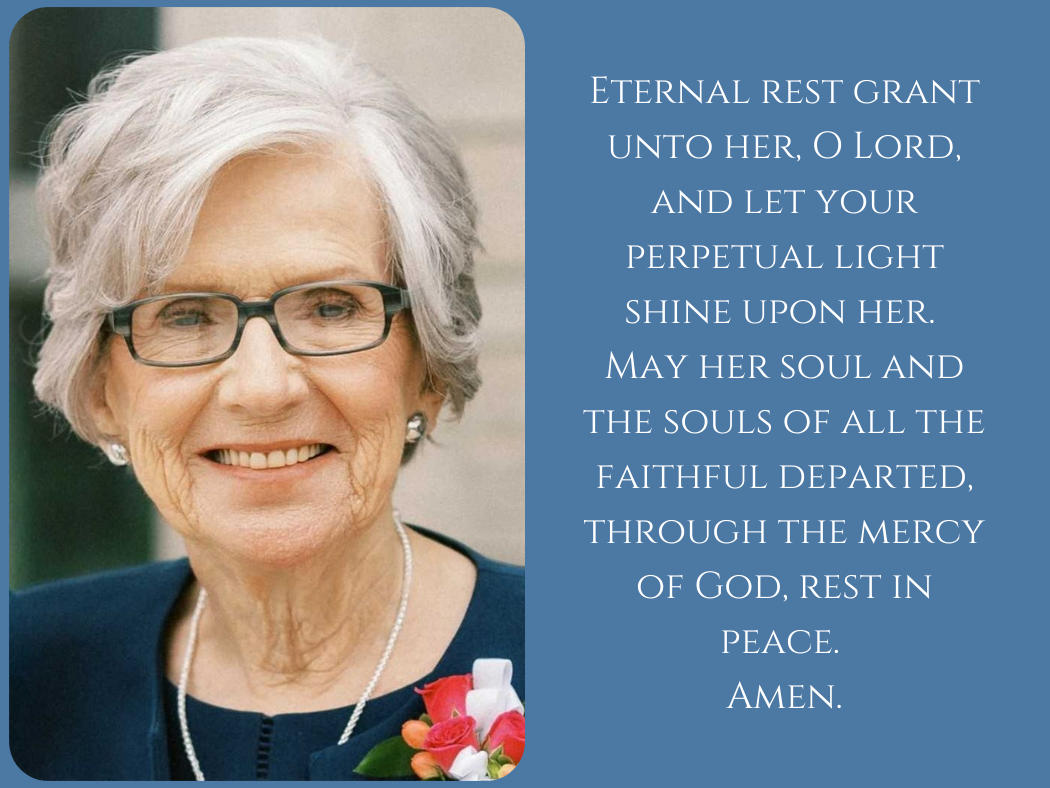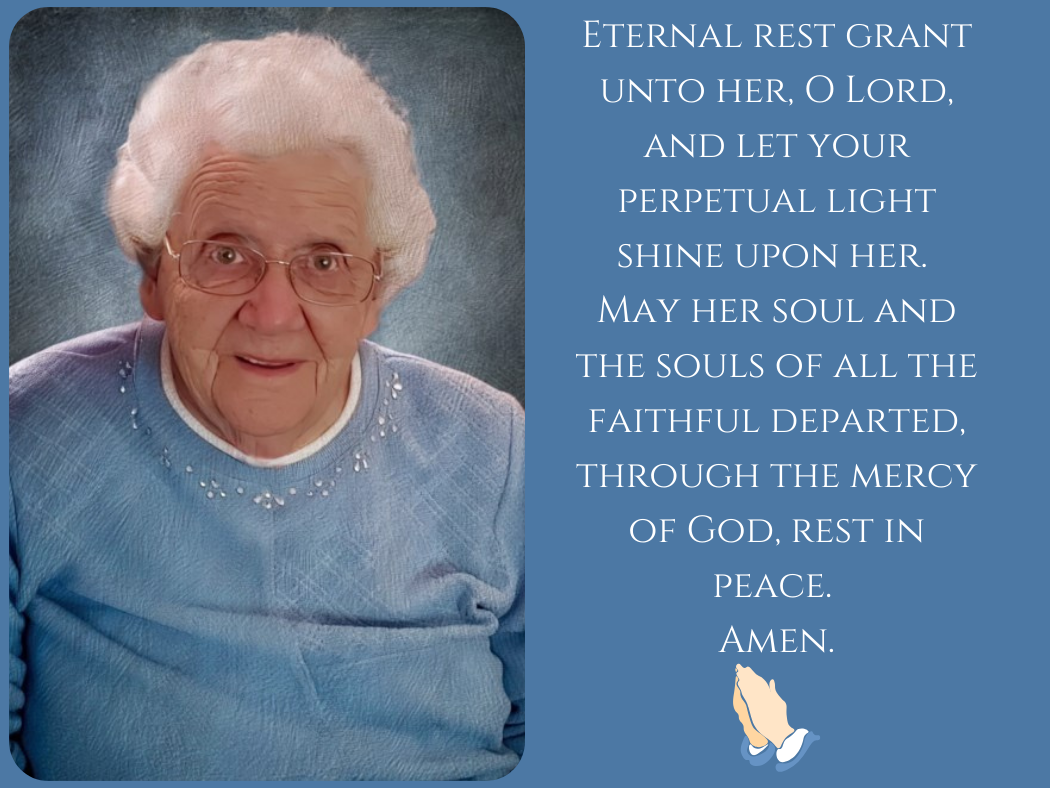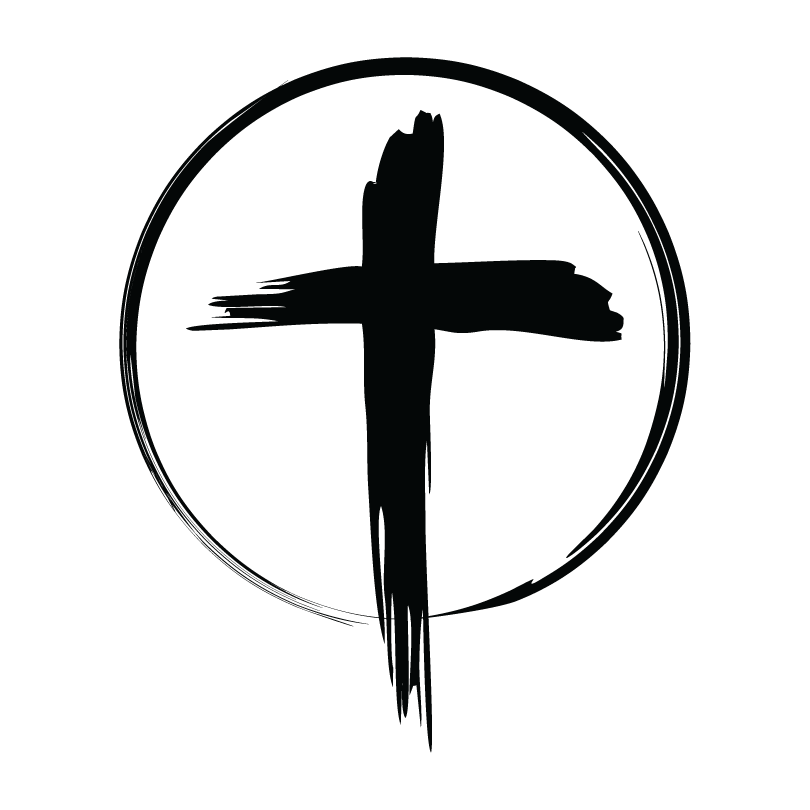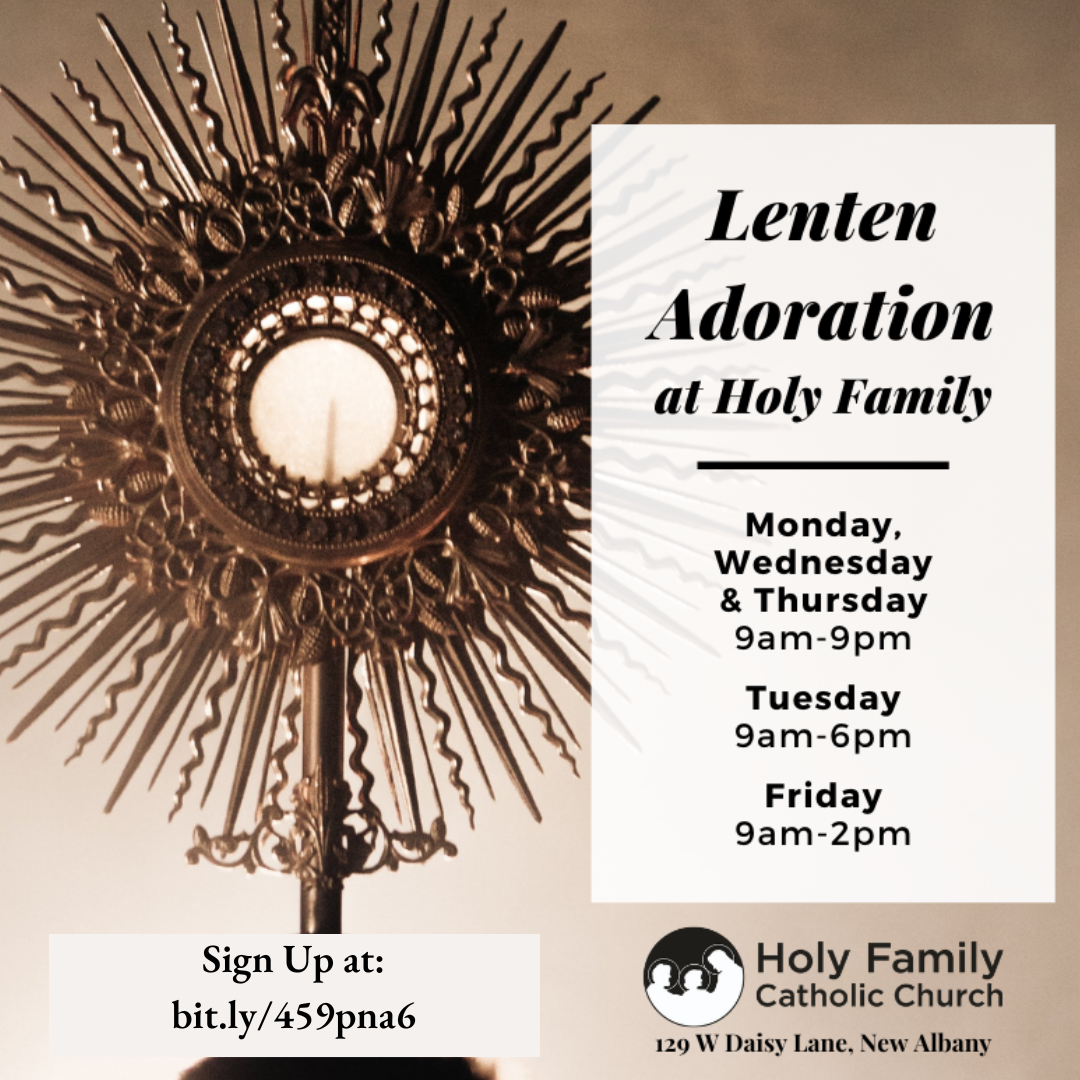25th Sunday in Ordinary Time
Pastor’s Notes for 21 September 2025 – Twenty-Fifth Sunday Ordinary Time
The teaching of the Church regarding Immigration is categorized under the explanation of the 4th Commandment to honor & obey your mother & father. Continuing that presentation, we get to the Catechism’s specific comments on Immigration.
2241 The more prosperous nations are obliged, to the extent they are able, to welcome the foreigner in search of the security and the means of livelihood which he cannot find in his country of origin. Public authorities should see to it that the natural right is respected that places a guest under the protection of those who receive him.
Political authorities, for the sake of the common good for which they are responsible, may make the exercise of the right to immigrate subject to various juridical conditions, especially with regard to the immigrants' duties toward their country of adoption. Immigrants are obliged to respect with gratitude the material and spiritual heritage of the country that receives them, to obey its laws and to assist in carrying civic burdens.
2242 The citizen is obliged in conscience not to follow the directives of civil authorities when they are contrary to the demands of the moral order, to the fundamental rights of persons or the teachings of the Gospel. Refusing obedience to civil authorities, when their demands are contrary to those of an upright conscience, finds its justification in the distinction between serving God and serving the political community. "Render therefore to Caesar the things that are Caesar's, and to God the things that are God's." "We must obey God rather than men":
When citizens are under the oppression of a public authority which oversteps its competence, they should still not refuse to give or to do what is objectively demanded of them by the common good; but it is legitimate for them to defend their own rights and those of their fellow citizens against the abuse of this authority within the limits of the natural law and the Law of the Gospel.
The Catholic Church most always presents morally challenging issues in terms of both duties and responsibilities. The same is true here with Immigration. Countries – and more importantly the people living within them – have a responsibility to be their “brother’s keeper” (Gen 4:9). Acknowledging the innate dignity and attending to immanent needs of others, especially when one has more than enough, is absolute. It is more than a mere duty. It is in fact a God given blessing to put the Gospel into action towards our fellow neighbor. On the other hand, beneficiaries of such attention have a duty to gratitude, to adherence to the receiving nation’s laws, and reasonable integration into their new home. The Church recognizes that these duties & responsibilities can be difficult to parse out and see clearly. Right reason informed by Revelation is necessary. The Church recognizes that sometimes forms of ‘civil disobedience’ can even be morally invoked – for our first duty is always to God.
2246 It is a part of the Church's mission "to pass moral judgments even in matters related to politics, whenever the fundamental rights of man or the salvation of souls requires it. The means, the only means, she may use are those which are in accord with the Gospel and the welfare of all men according to the diversity of times and circumstances."
As Catholic Christians, our first citizenship is that of Heaven. And our first obligation is to Christ the King. From Him and His Gospel, we are challenged to live in the world but not of it. We are called personally to strive to make Christ’s Kingdom visible – if not in structure – at least, in moral & political action towards our neighbors – whether native born or immigrant – since all neighbors are created in the image and likeness of God. As citizens and residents of the United States of America, a nation founded upon democratic participation & ideals, we Christians ought to utilize our voices & votes to help advance a Catholic Christian understanding of the human person in the public realm of our laws and civic institutions.
Nothing Less than saints for the Holy Family of God.
Holy Family, Laborers in Love, Pray for us.
~ Fr Jeremy M. Gries




